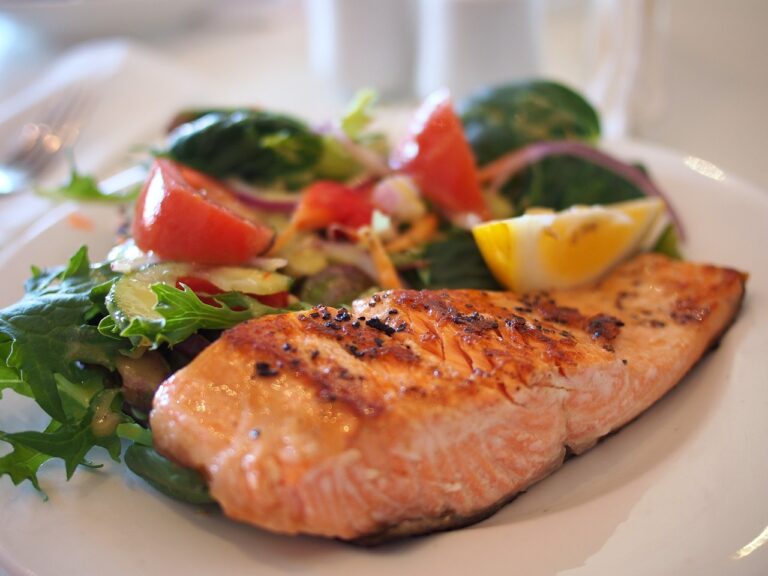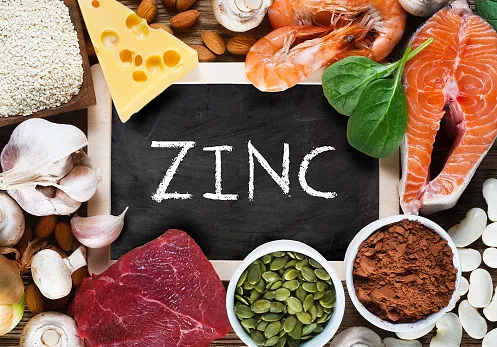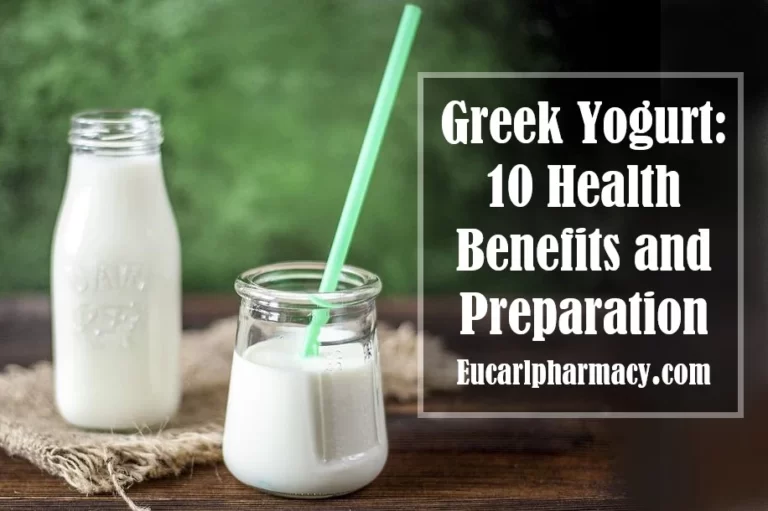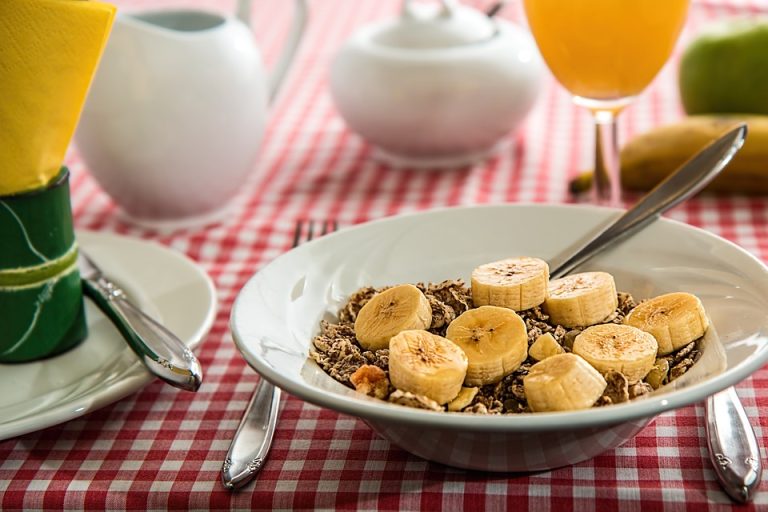15 Healthy Nigerian Foods Rich In Magnesium
In this article, we will explore healthy Nigerian foods rich in magnesium, including okra, groundnut, plantains, brown rice, beans, millet, yam, cashews, spinach, sweet potatoes, pumpkin seeds, avocado, guava, oranges, and pears.
These healthy Nigerian foods rich in magnesium can be incorporated into a variety of dishes to help ensure that you are getting enough magnesium in your diet.
Magnesium is an essential mineral that plays a vital role in many bodily functions. It is involved in over 300 enzymatic reactions in the body, including the metabolism of food, the transmission of nerve impulses, and the regulation of muscle contractions.
Magnesium is also important for maintaining healthy bones, teeth, and cardiovascular function. Unfortunately, many people do not get enough magnesium in their diet, which can lead to deficiencies that can have negative impacts on health.
Symptoms of magnesium deficiency include weakness, fatigue, muscle cramps, and abnormal heart rhythms. To ensure adequate intake of this important mineral, it is important to include a variety of magnesium-rich foods in your diet.
Nigeria is a country located in West Africa that is known for its diverse and flavorful cuisine. Many traditional Nigerian dishes are rich in magnesium, making them an excellent choice for maintaining healthy levels of this important mineral.
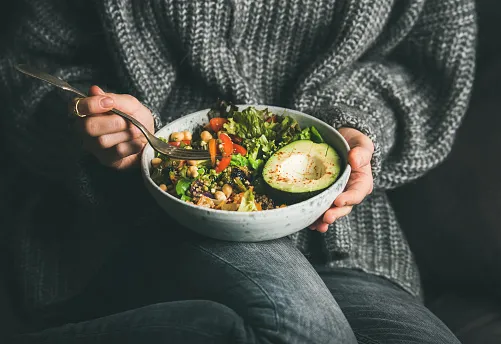
15 Healthy Nigerian Foods Rich In Magnesium
Magnesium is an essential mineral that plays a role in many bodily functions, including the metabolism of food, the transmission of nerve impulses, and the regulation of muscle contractions.
Here is a list of 15 healthy Nigerian foods rich in magnesium:
Okra
Okra is a vegetable that is native to West Africa and is commonly consumed in Nigeria. It is high in magnesium, with 100 grams of okra providing around 41 milligrams of the mineral.
Okra is also a good source of fiber and vitamin C. It can be cooked in a variety of ways, such as boiled, roasted, or fried, and is often used in stews and soups.
Groundnut
Groundnuts, also known as peanuts, are a popular snack food in Nigeria. They are a good source of magnesium, with 100 grams of peanuts providing around 168 milligrams of the mineral.
Groundnuts are also a good source of protein, healthy fats, and a variety of other nutrients. They can be eaten on their own or used in a variety of dishes, such as peanut soup or groundnut stew.
Plantains
Plantains are a staple food in many parts of Nigeria and are a good source of magnesium, with 100 grams of plantains providing around 61 milligrams of the mineral.
They are also a good source of potassium and vitamin C. Plantains can be cooked in a variety of ways, such as fried, boiled, or roasted, and are often served as a side dish.
Brown rice
Brown rice is a whole grain that is high in magnesium, with 100 grams of brown rice providing around 82 milligrams of the mineral. It is also a good source of fiber and B vitamins.
Brown rice has a nutty flavor and can be used in a variety of dishes, such as rice and beans or stir-fries.
Beans
Beans, such as black-eyed peas, kidney beans, and lentils, are a good source of magnesium, with 100 grams of beans providing around 120-180 milligrams of the mineral.
They are also a good source of protein, fiber, and a variety of other nutrients. Beans can be cooked and used in a variety of dishes, such as soups, stews, and salads.
Millet
Millet is a type of grain that is native to West Africa and is commonly consumed in Nigeria. It is high in magnesium, with 100 grams of millet providing around 111 milligrams of the mineral.
Millet is also a good source of B vitamins and iron. It has a slightly sweet and nutty flavor and can be used in a variety of dishes, such as porridge or bread.
Yam
Yams are a staple food in many parts of Nigeria and are a good source of magnesium, with 100 grams of yams providing around 38 milligrams of the mineral.
They are also a good source of vitamin C and potassium. Yams can be cooked in a variety of ways, such as boiled, roasted, or fried, and are often served as a side dish.
Cashews
Cashews are a type of nut that is native to South America but is widely consumed in Nigeria. They are high in magnesium, with 100 grams of cashews providing around 273 milligrams of the mineral.
Cashews are also a good source of healthy fats and protein. They have a mild, buttery flavor and can be eaten on their own or used in a variety of dishes, such as sauces or desserts.
Spinach
Spinach is a leafy green vegetable that is high in magnesium, with 100 grams of spinach providing around 79 milligrams of the mineral.
It is also a good source of vitamin K and iron. Spinach has a mild, slightly sweet flavor and can be used in a variety of dishes, such as salads, smoothies, and soups.
Sweet potatoes
Sweet potatoes are a good source of magnesium, with 100 grams of sweet potatoes providing around 43 milligrams of the mineral.
They are also a good source of vitamin A and potassium. Sweet potatoes have a sweet, slightly nutty flavor and can be cooked in a variety of ways, such as baked, roasted, or fried.
Pumpkin seeds
Pumpkin seeds are a good source of magnesium, with 100 grams of pumpkin seeds providing around 534 milligrams of the mineral.
They are also a good source of zinc and protein. Pumpkin seeds have a slightly nutty, slightly sweet flavor and can be eaten on their own or used in a variety of dishes, such as baked goods or salads.

Avocado
Avocado is a fruit that is high in magnesium, with 100 grams of avocado providing around 29 milligrams of the mineral. It is also a good source of healthy fats and vitamin E.
Avocado has a creamy, slightly nutty flavor and can be used in a variety of dishes, such as salads, sandwiches, and smoothies.
Guava
Guava is a tropical fruit that is high in magnesium, with 100 grams of guava providing around 37 milligrams of the mineral. It is also a good source of vitamin C and fiber.
Guava has a sweet, slightly sour flavor and can be eaten on its own or used in a variety of dishes, such as smoothies or desserts.
Oranges
Oranges are a good source of magnesium, with 100 grams of oranges providing around 27 milligrams of the mineral. They are also a good source of vitamin C and potassium.
Oranges have a sweet, slightly sour flavor and can be eaten on their own or used in a variety of dishes, such as salads, juices, and desserts.
Pears
Pears are a good source of magnesium, with 100 grams of pears providing around 20 milligrams of the mineral. They are also a good source of fiber and vitamin C.
Pears have a sweet, slightly grainy texture and can be eaten on their own or used in a variety of dishes, such as pies, tarts, and salads.
It’s important to note that the magnesium content of foods can vary based on factors such as soil quality and how the food is grown and processed.
It’s also important to eat a varied diet that includes a variety of nutrient-rich foods to ensure that you are getting all of the nutrients that you need.
Conclusion
Magnesium is an essential mineral that plays a vital role in many bodily functions. Ensuring adequate intake of magnesium is important for maintaining overall health and well-being.
Many traditional Nigerian foods are rich in magnesium, making them an excellent choice for maintaining healthy levels of this important mineral.
Some of the best sources of magnesium in Nigerian cuisine or the healthy Nigerian foods rich in magnesium include okra, groundnut, plantains, brown rice, beans, millet, yam, cashews, spinach, sweet potatoes, pumpkin seeds, avocado, guava, oranges, and pears.
Incorporating these healthy Nigerian foods rich in magnesium into your diet can help you meet your daily magnesium needs and support good health.

